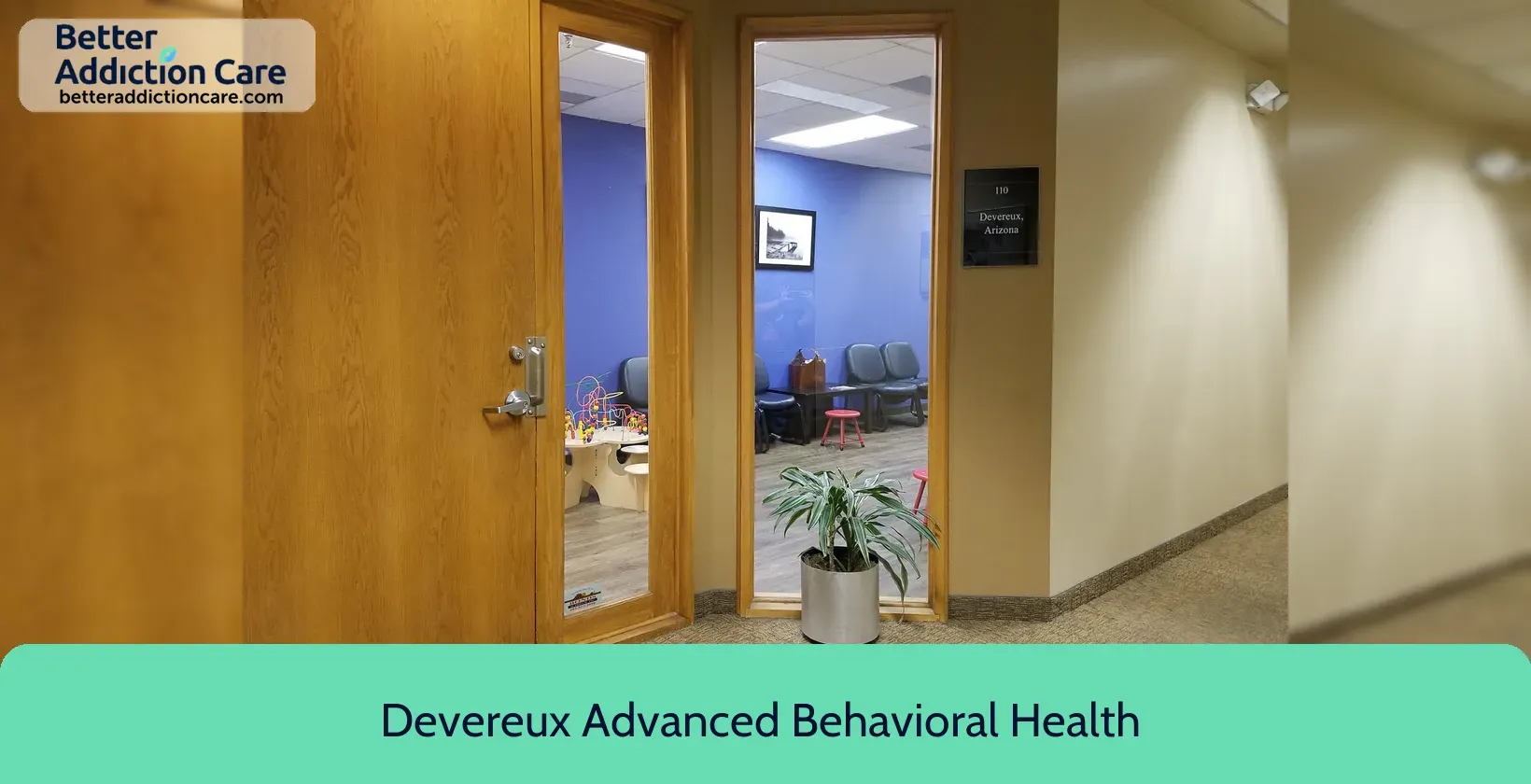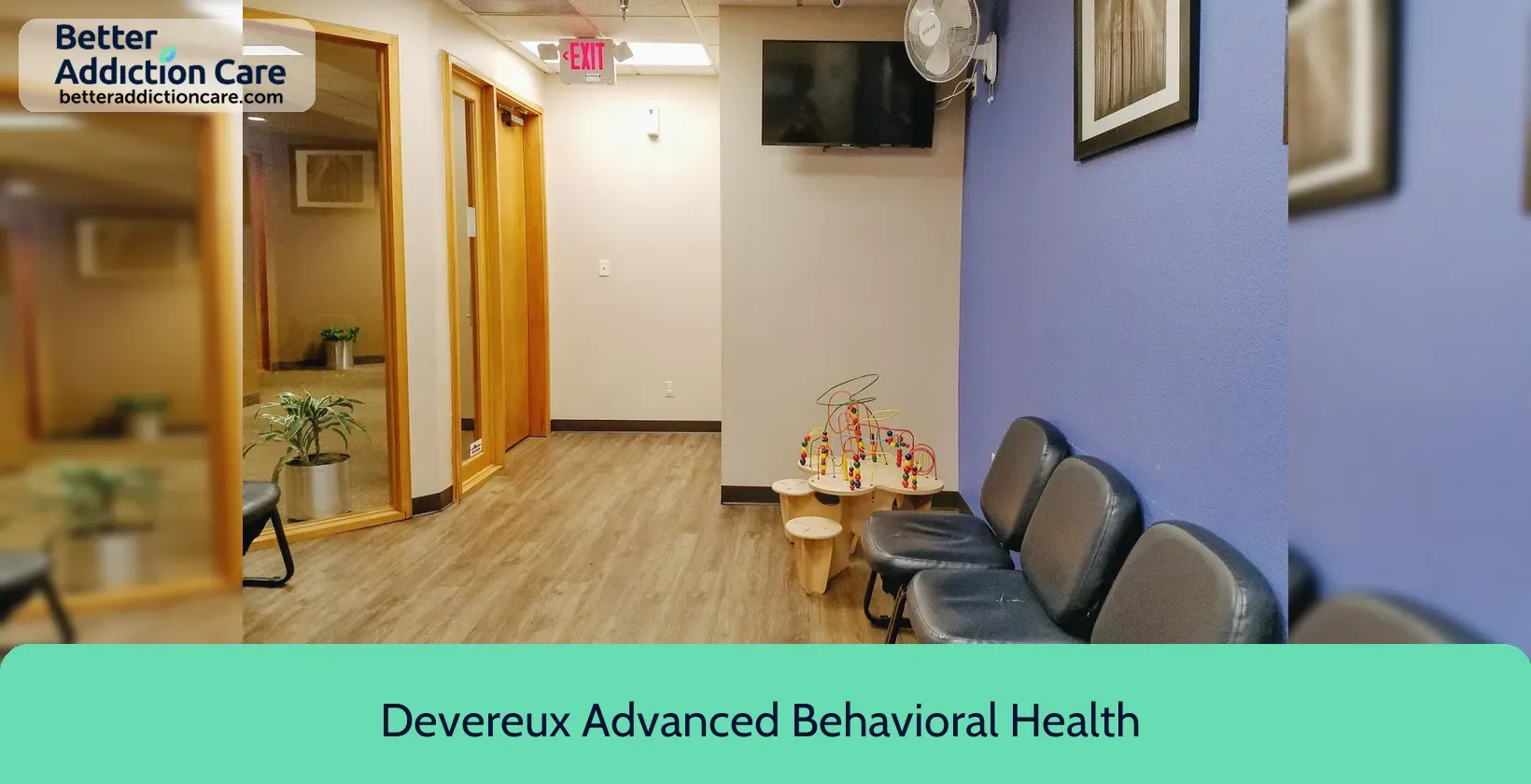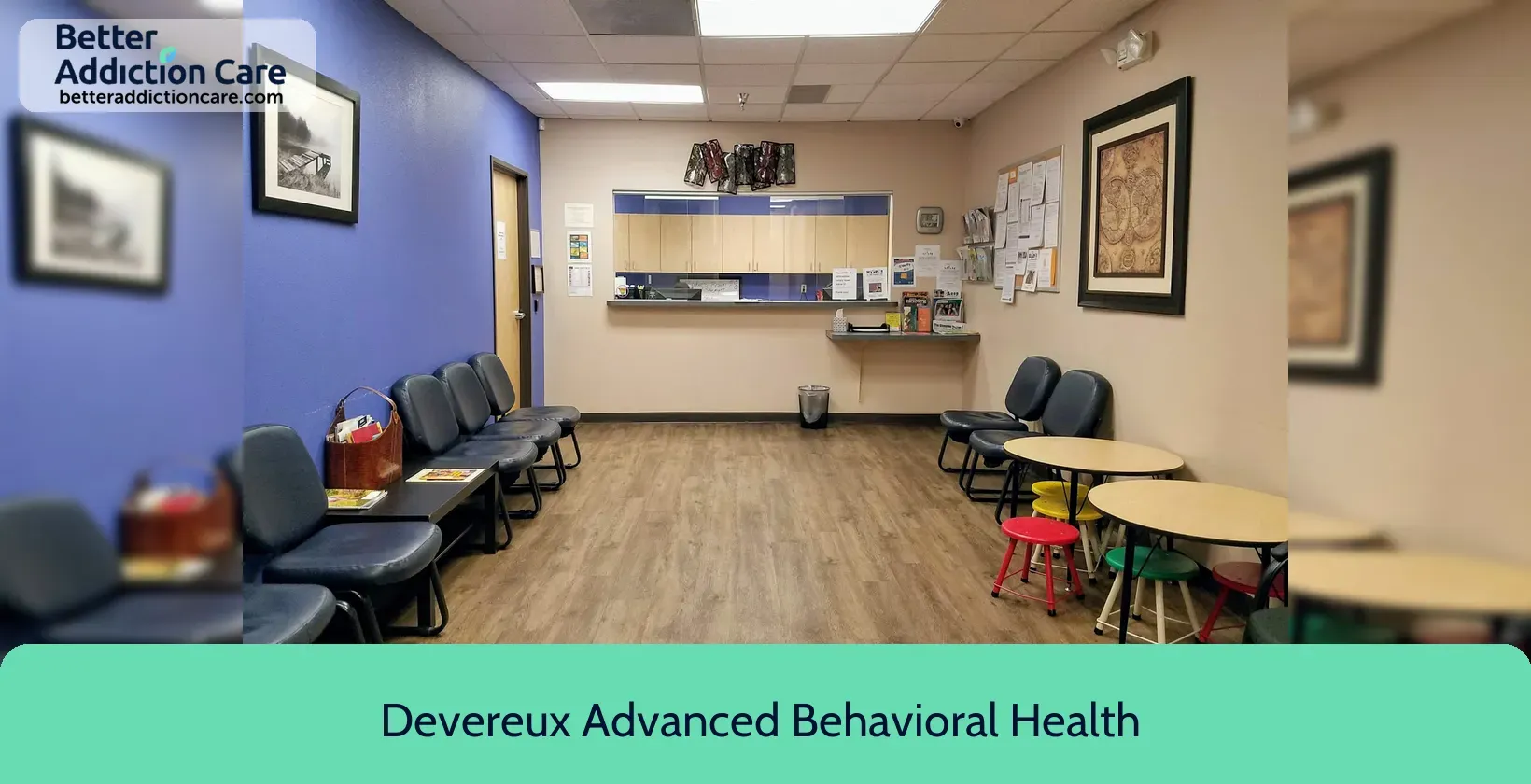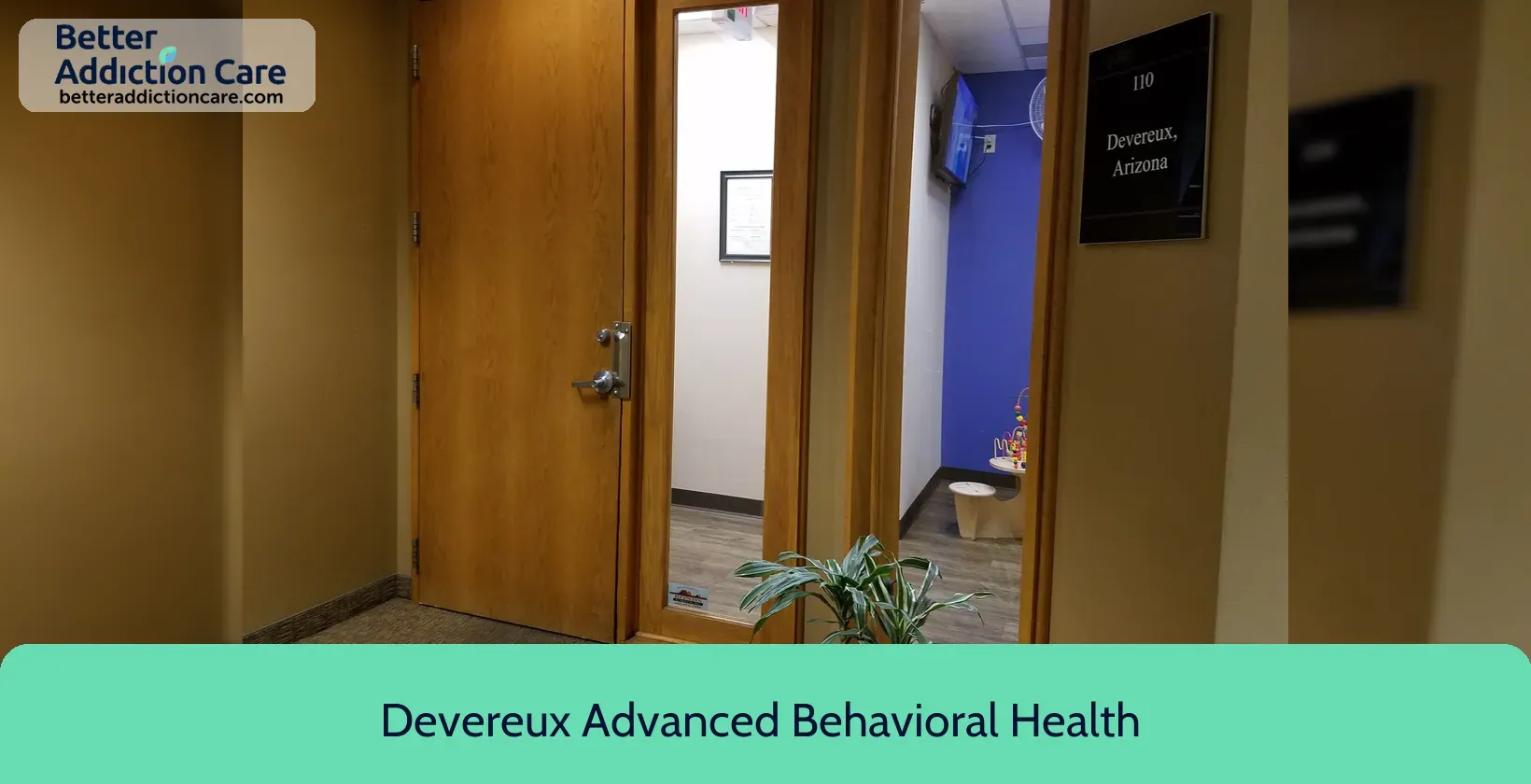Devereux Advanced Behavioral Health - Arizona
Overview
Devereux Advanced Behavioral Health - Arizona is a mental health treatment center for people seeking treatment near Maricopa County. As part of their treatment modalities for recovery, Devereux Advanced Behavioral Health - Arizona provides couples/family therapy, group counseling, and cognitive behavioral therapy during treatment. Devereux Advanced Behavioral Health - Arizona is located in Phoenix, Arizona, accepting medicaid for treatment.
Devereux Advanced Behavioral Health - Arizona at a Glance
Payment Options
- Medicaid
- State-financed health insurance plan other than Medicaid
- Community Mental Health Block Grants
- Cash or self-payment
Assessments
- Screening for tobacco use
- Comprehensive mental health assessment
- Comprehensive substance use assessment
Age Groups
- Young adults
- Children/adolescents
- Seniors
Ancillary Services
- Intensive case management
- Case management service
- Court-ordered outpatient treatment
- Family psychoeducation
- Integrated primary care services
Highlights About Devereux Advanced Behavioral Health - Arizona
6.68/10
With an overall rating of 6.68/10, this facility has the following balanced range of services. Alcohol Rehabilitation: 8.00/10, Treatment Options: 6.73/10, Drug Rehab and Detox: 6.00/10, Insurance and Payments: 6.00/10.-
Alcohol Rehabilitation 8.00
-
Treatment Options 6.73
-
Drug Rehab and Detox 6.00
-
Insurance and Payments 6.00
Treatment At Devereux Advanced Behavioral Health - Arizona
Treatment Conditions
- Alcoholism
- Mental health treatment
- Substance use treatment
- Co-occurring Disorders
Care Levels
- Outpatient
Treatment Modalities
- Couples/family therapy
- Group counseling
- Cognitive behavioral therapy
- Dialectical behavior therapy
- Integrated Mental and Substance Use Disorder treatment
Ancillary Services
Languages
- Spanish
Additional Services
- Pharmacotherapies administered during treatment
- Mentoring/peer support
- TB screening
Special Programs
- Clients with co-occurring mental and substance use disorders
- Clients with HIV or AIDS
- Clients who have experienced trauma
- Children/adolescents with serious emotional disturbance (SED)
- Persons with post-traumatic stress disorder (PTSD)
Get Help Now
Common Questions About Devereux Advanced Behavioral Health - Arizona
Contact Information
Other Facilities in Phoenix

8.09

7.46
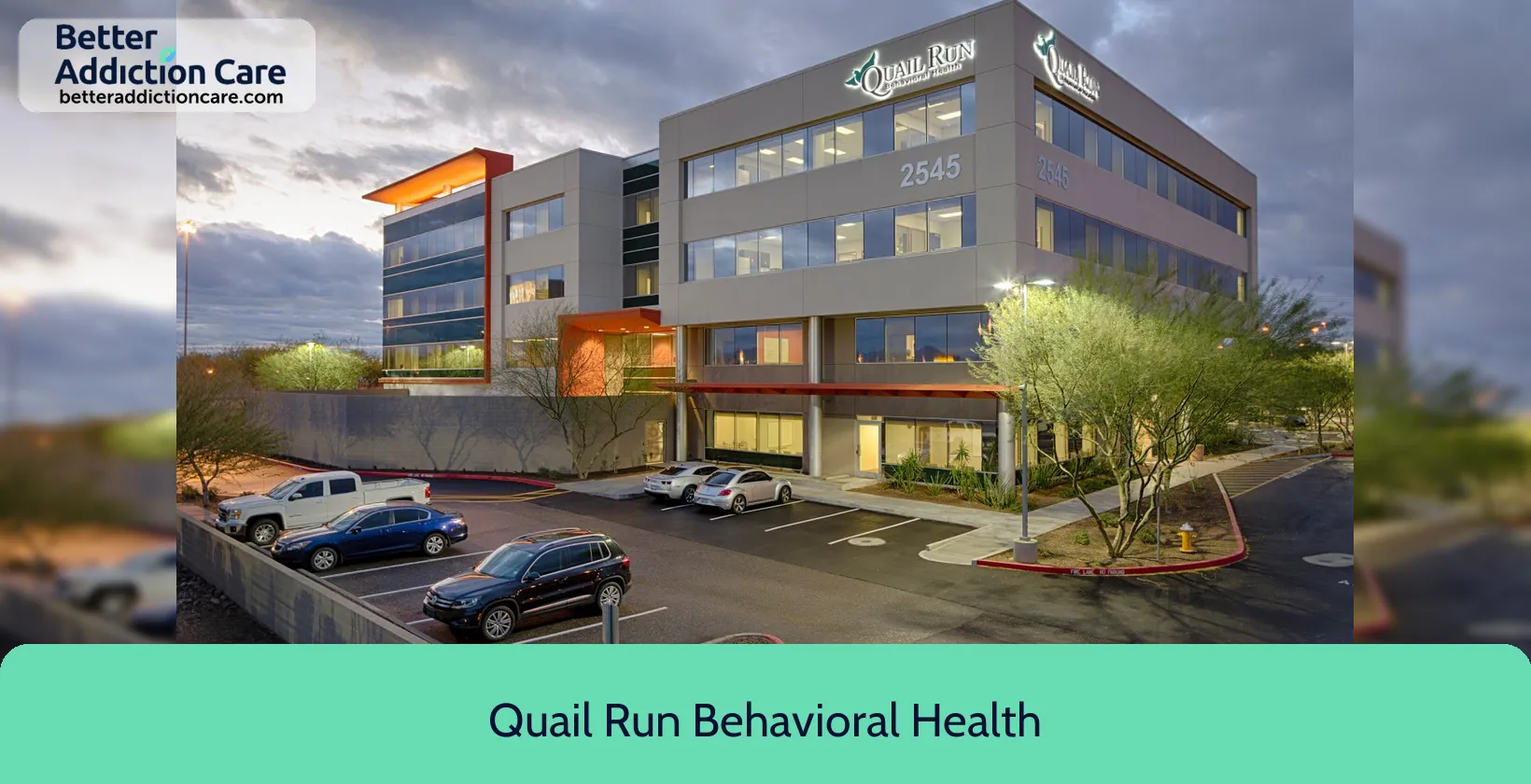
6.71
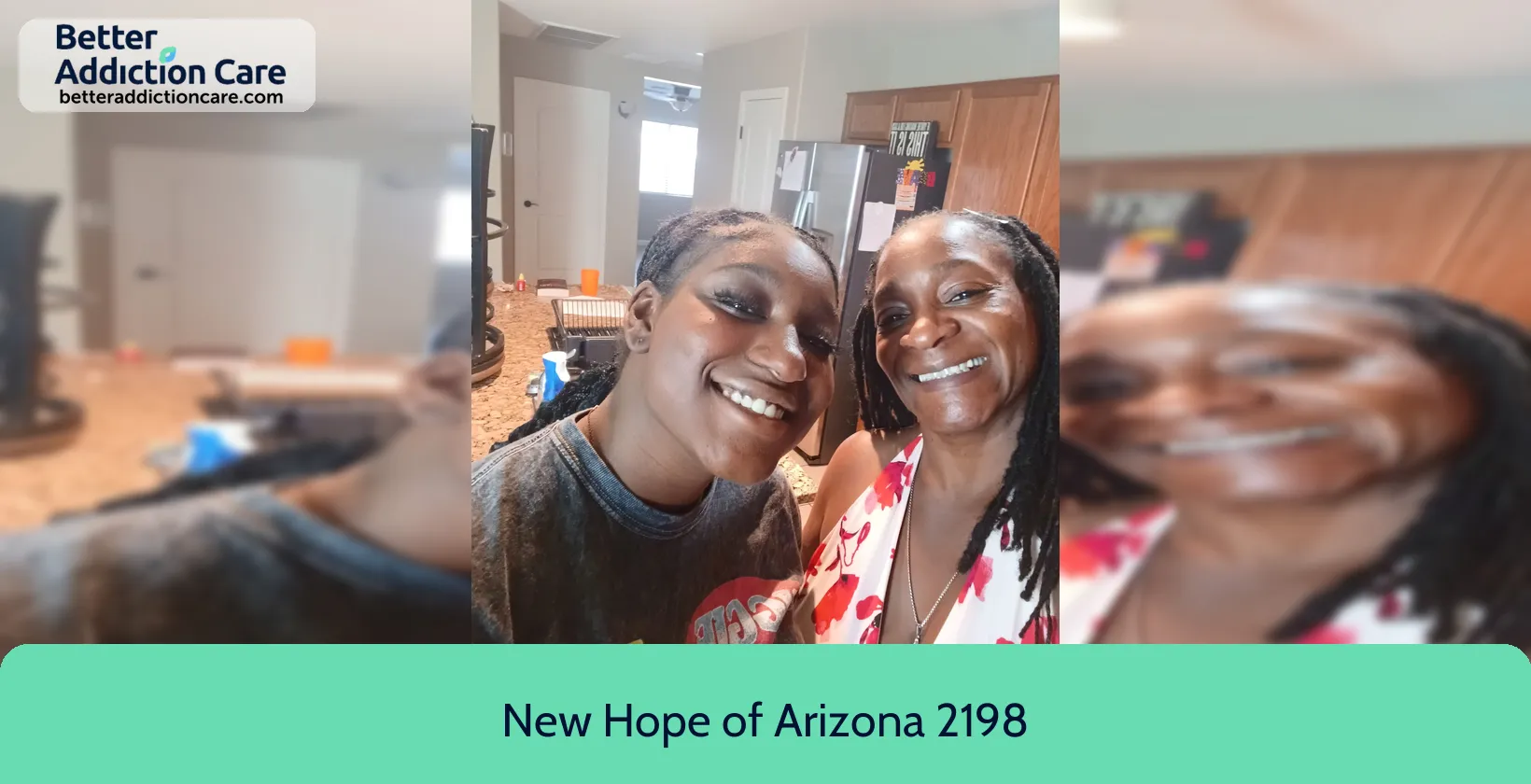
6.62
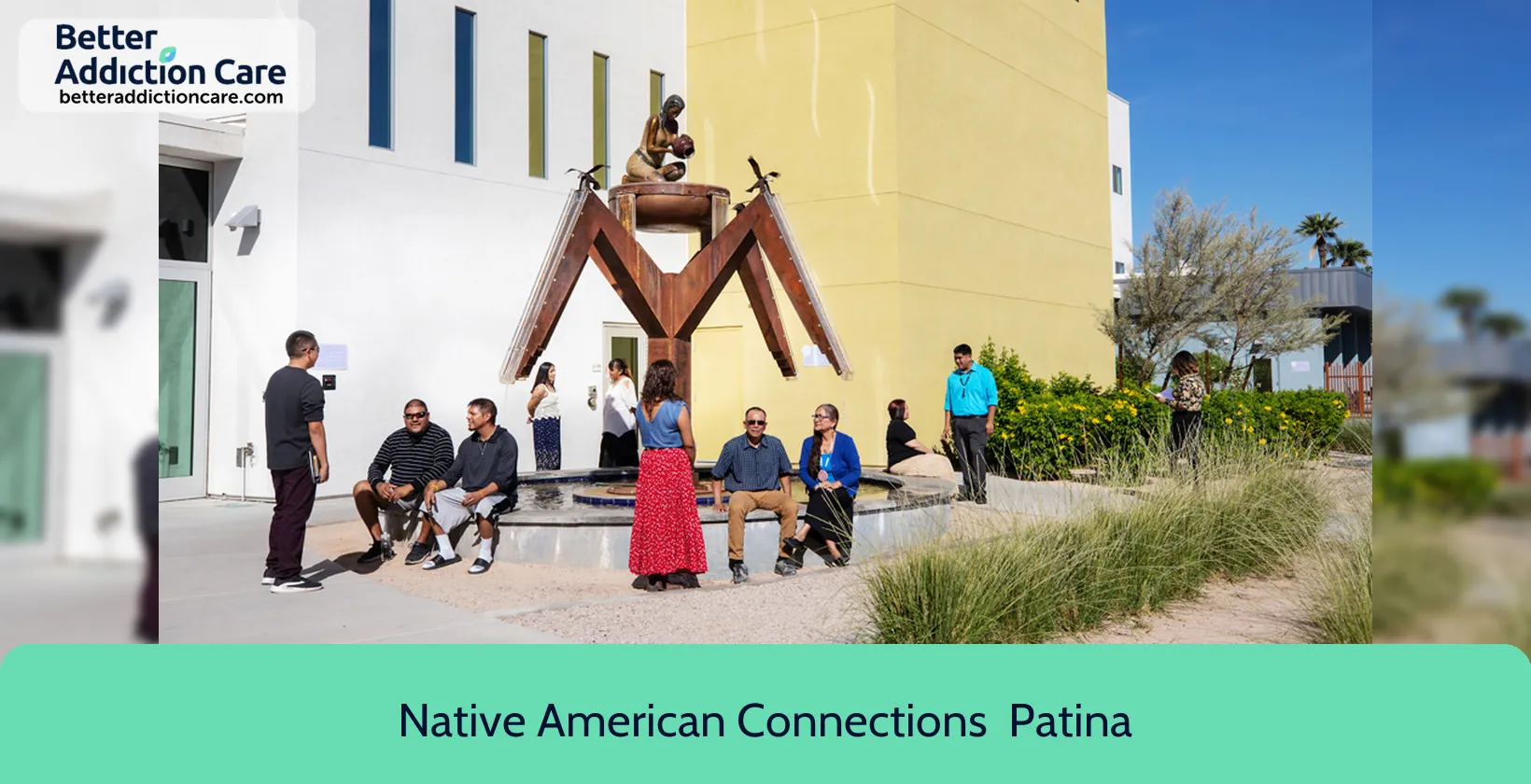
6.92
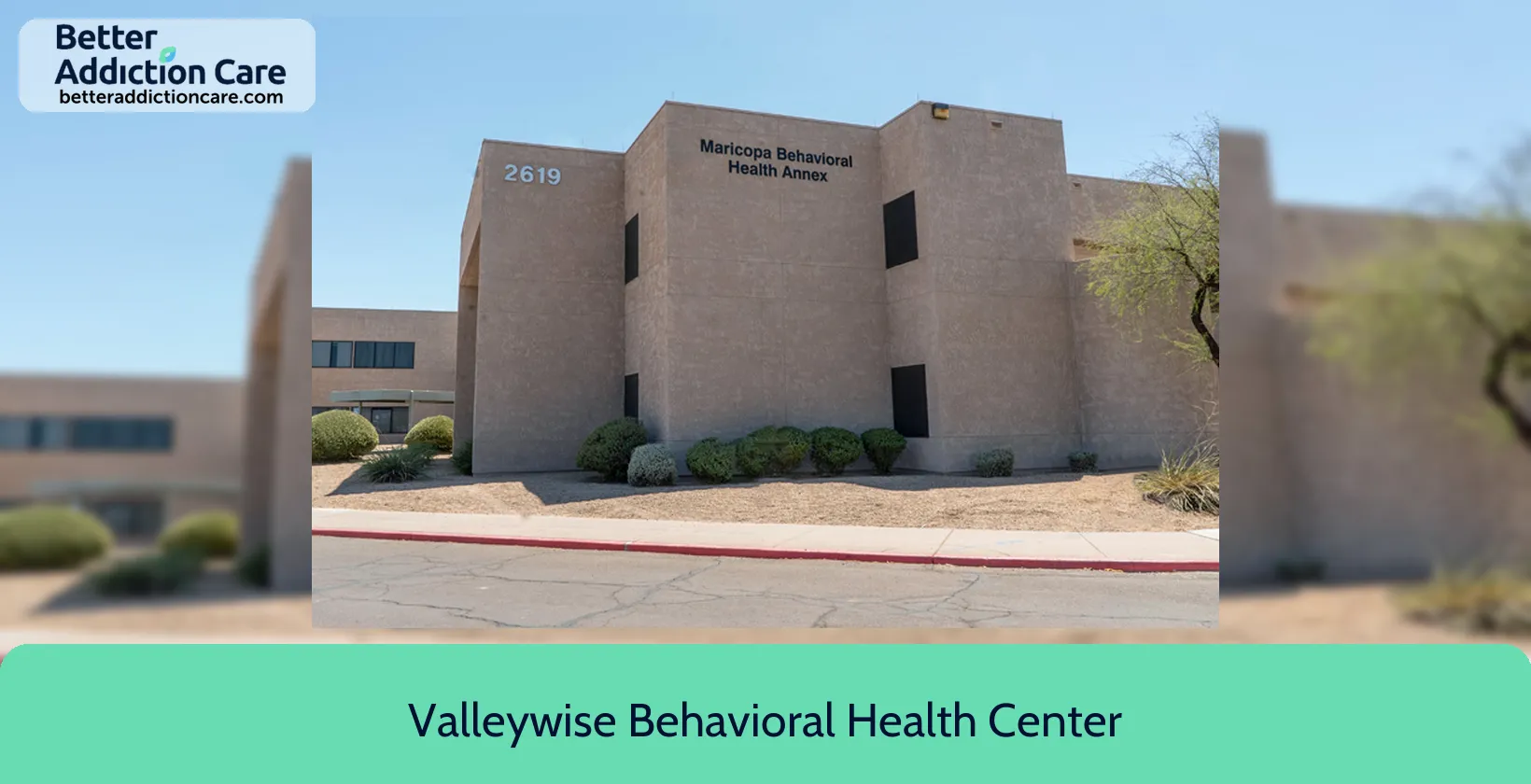
6.68
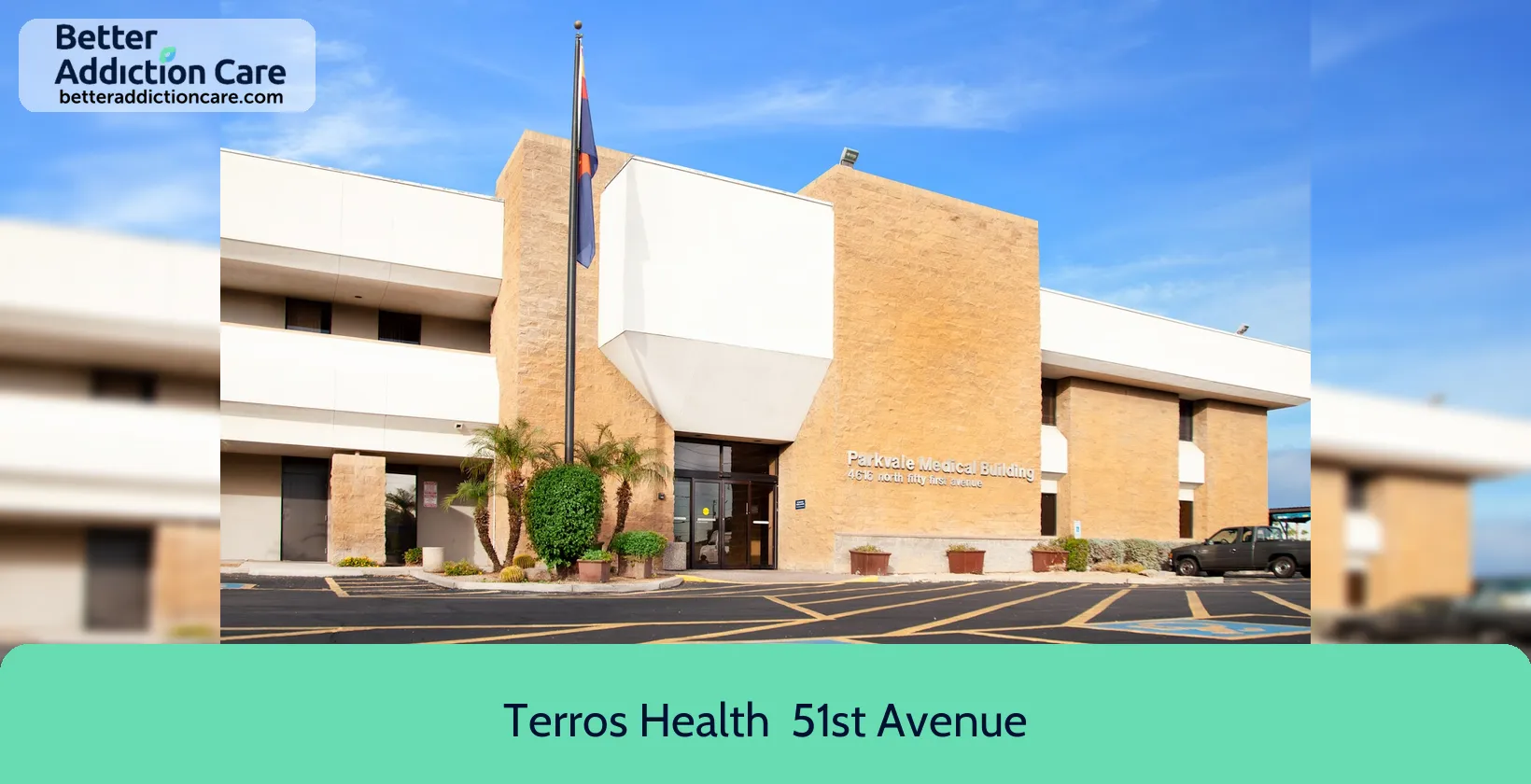
6.65
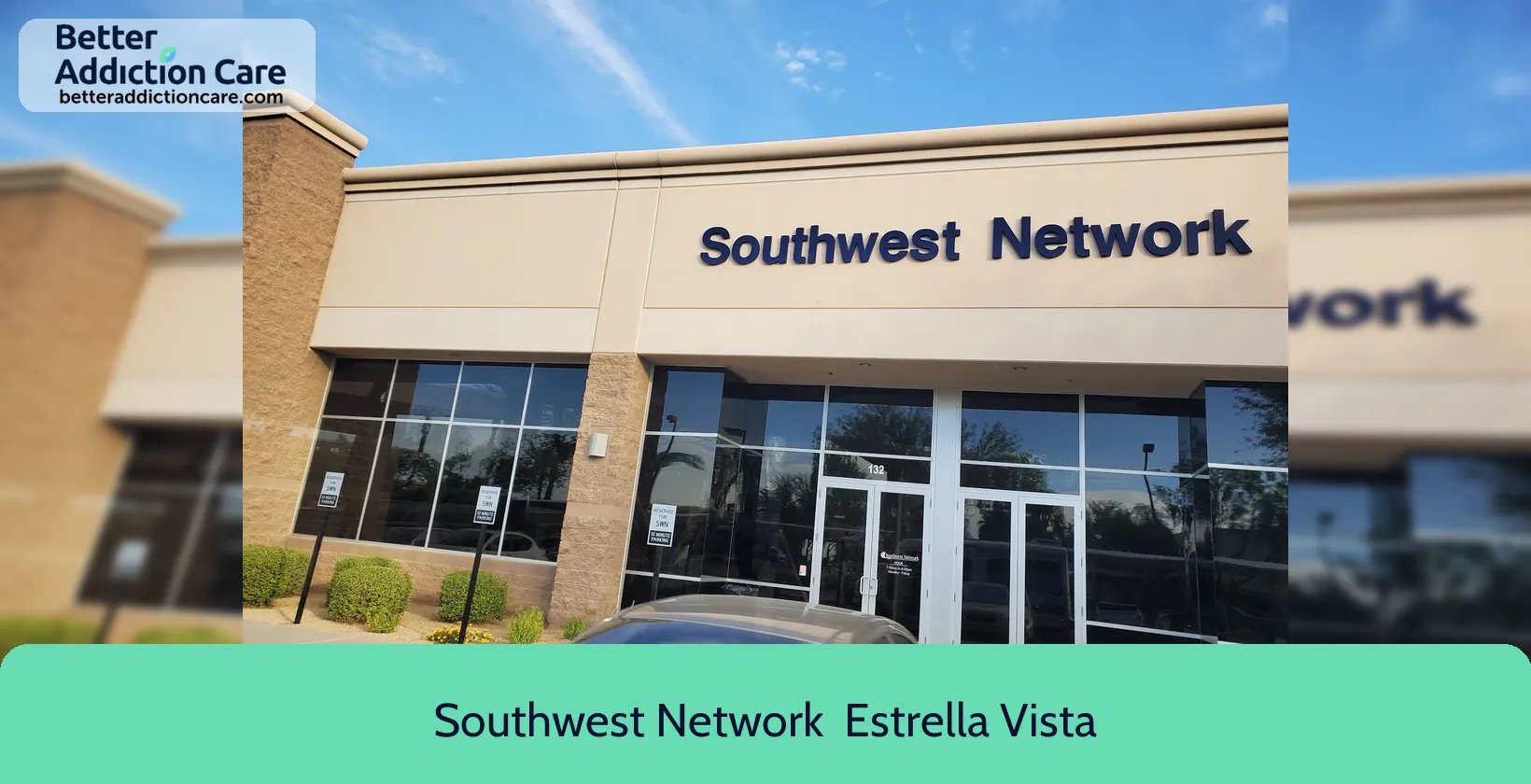
6.62
DISCLAIMER: The facility name, logo and brand are the property and registered trademarks of Southwest Network - Estrella Vista, and are being used for identification and informational purposes only. Use of these names, logos and brands shall not imply endorsement. BetterAddictionCare.com is not affiliated with or sponsored by Southwest Network - Estrella Vista.
